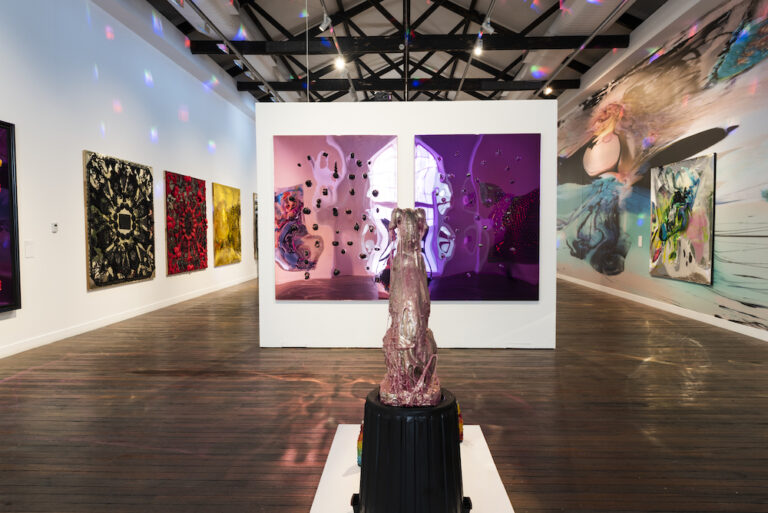
Inaccessible elections

By KATHERINE RAJWAR
While this year’s Federal election has drawn to a close, for people with a disability, the road to access is certainly not over. One month on the from the Federal Election, the efficiency of the Australian Electoral Commission (AEC) voting process has been questioned by disability campaigners.
Visitors of the Pronger household are greeted by Archie, Alan Pronger’s guide dog. Alan is blind as a result of Optic Neuropathy, a degenerative condition affecting the optic nerve. His daughter Sophie, 18, is also visually impaired. This is Sophie’s first year voting.
“I find it a little bit difficult,” Sophie said, “because you just don’t know, you can’t read out every single one of the options.”
As a result of their condition, both Alan and Sophie are reliant on Jenny Pronger, Alan’s wife, to fill out their respective ballot papers.
“He’s trusting that I’m going to write the right thing!” Jenny said.
While services like the postal vote are available, for families such as the Pronger’s, there is still a lack of access for visually impaired people who would like to vote in person. As a result, the Pronger household has found their own ways to participate in the election.
“On the day it’s just sort of overwhelming, so you just do a vote above the line,” Alan said. “I’d actually like to do a vote below the line, but really if you miss just one number, your vote is invalid apparently.”
Important as many people as possible vote
National Disabilities officer Will Edwards of the National Union of Students advocates for the best interests of students with a disability. Edwards also identifies as a person with a disability and believes that margininalised voices are often lost in elections.
“If you believe in democracy, you have to think it’s of absolute importance that as many people as possible vote,” Edwards said, “because you want the highest possible voter turnout.”
The AEC is required to give each polling place an accessibility rating on a scale of one to three. These ratings are: Wheelchair Accessible; Assisted Wheelchair Access, and Not Wheelchair Accessible. However, Edwards believes that despite their importance, these ratings can be somewhat limiting.
“The names of those rankings are framed in terms of wheelchair accessibility,” he said, “which, firstly, is a very important aspect of disability inclusion, but the majority of people with a disability aren’t wheelchair users. There are a lot of other disabilities…
“That middle category of ‘Assisted Access’ could mean anything. It might mean quite good access, but there will be a bit of difficulty, meanwhile, at other [voter] sites that might mean an extreme struggle, but with a lot of help you might be able to do it.”
“The Australian Electoral Commission’s short-fall around access may be a result of a lack of government funding,” Edwards said. “The AEC has made efforts, and in many, many situations those efforts haven’t been good enough.
“But I wouldn’t put the blame for that on the AEC, I’d put the blame for that on the level above the AEC. Like many public departments, though, their work is limited by the support and resource and funding that they get from governments.”
No accommodation for someone of lower stature
Doctor Debra Keenahan is an Artist and a Humanitarian and Development Studies’ academic with a focus on disability aesthetics. Between lecturing at the University of Western Sydney, Dr Keenahan spoke of a poor experience at the NSW State Election, earlier in March.
“What distressed me, when I came to vote,” she said, “is that I have Achondroplasia Dwarfism, which means I am the height of an average 8-9-year-old, about 123cm. But what it also means is: I stand about the height as someone who would be in a wheelchair.
“When it came to voting, I went and there were no booths to accommodate someone of lower stature, which meant I had to cast my vote in a relatively open environment. So, there was a lack of privacy.
“Now for some people being confronted with that situation, they could potentially do a donkey vote, not vote at all, or do something that means their vote doesn’t count.”
Dr Keenahan says that changes must be implemented to achieve equality in our electoral system.
“First and foremost, that the facilities in the polling booths actually do allow for accommodation for people with different abilities.
“Secondly, that there is clear information about the facilities that are available for people with disabilities,” she said
The AEC didn’t reply by deadline. It is understood there are no plans to improve the voting system to cater for those with varying disabilities.









